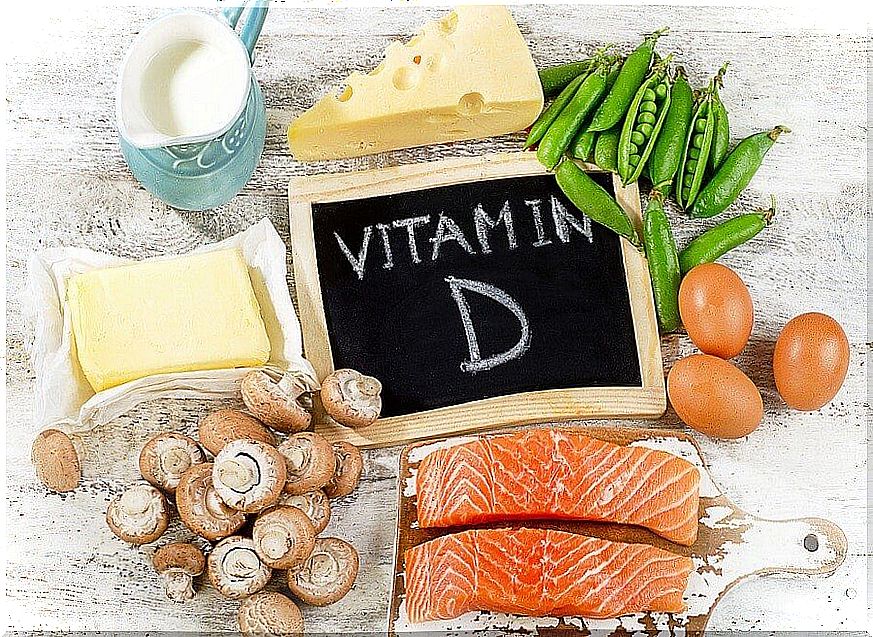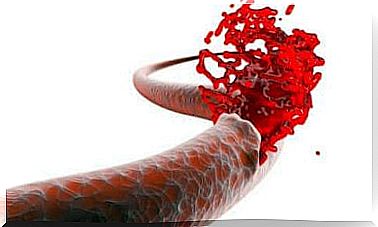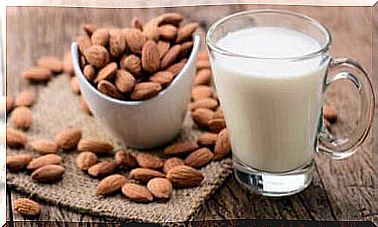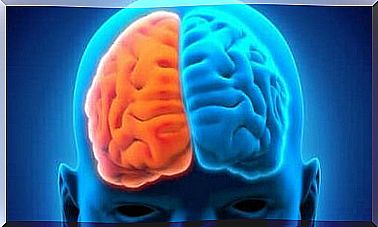Is Vitamin D The Key To Better Muscle Function?

Many of us have certainly encountered, sometimes while playing sports or exercising, that the musculature does not seem to function with the desired efficiency and manner. Can a single vitamin then have a developing effect on muscle function?
In this article, we will explore how and why vitamin D can be a crucial factor in better muscle function.
Vitamin D and muscle function
Do you want to improve your muscle function? To ensure more effective muscle development and growth, we need to pay more attention to both the exercise routine and diet, as well as many other factors that affect muscle growth: including adequate intake of nutrients that strengthen the body’s functions.
According to a study conducted at the University of Birmingham in the UK, increasing the intake of vitamin D in a diet can optimize muscle performance and thus also improve overall muscle function.
The study also reveals that women of normal weight with a healthy fat percentage had significantly lower inactive vitamin D levels leading to vitamin D deficiency than women with a higher fat percentage.
Vitamin D is a key factor
The results of the study support previous findings on the relationship between inactive vitamin D and lean body mass. A total of 116 volunteers, all healthy men and women aged 20-74, participated in the study.
The amount of both active and inactive vitamin D in the body was measured in the volunteers in the study. The results of the study took into account, among other things, the body composition of each volunteer, the LBM (lean body mass ) and the amount of fat.
The researchers also confirm that the presence of active vitamin D cannot be directly linked to the amount of body fat where again a strong association was found between vitamin D levels and lean body mass.
Lean body mass
As already mentioned above, the study confirmed that subjects with better muscle mass and higher body lean mass found more active vitamin D in the bloodstream.
Doctor Zaki Hassan-Smith, who participated in the study group, finds that the amount of body fat and high levels of inactive vitamin D in the bloodstream can interact. In addition, Hassan-Smith shows that a higher proportion of lean body mass, i.e., a lower percentage of body fat, is a key factor in higher than normal levels of active vitamin D.
Lean body mass, or LBM, as its name implies, consists of body mass without fat, i.e., bones, internal organs, joints, tissues, and muscles that are part of the total body weight.
Further research is needed
It would be particularly important to seek to analyze and understand these research findings and their cause-and-effect relationship in a broader context, in order to better design and formulate future studies on the link between vitamin D and muscle function.
On the other hand, however, the researchers were able to confirm that vitamin D promotes bone growth and strengthening, while emphasizing that the relationship between muscle function and vitamin D needs to be further investigated.
The link between vitamin D and muscle function
According to a study published in The American Journal of Clinical Nutrition, persistent vitamin D deficiency can lead to poor muscle condition. In addition, over time, vitamin D levels begin to drop naturally in older people.
However, research proves that adding vitamin D as a dietary supplement improved muscle function. In many cases, vitamin D supplementation may even be necessary to ensure the correct absorption of calcium into the bone, while reducing the amount of fat in the body.
Vitamin D also has a number of other beneficial properties for health and the body, including:
Better resistance
Vitamin D is a vital trace element for the body’s resistance, as the intake of vitamin D activates the cells of the immune system to function and work faster and more efficiently.
Thus, adding vitamin D to your diet may be appropriate, especially if you get sick more often than usual.
Healthier bones and teeth
Do you suffer from dental caries or osteoporosis? Vitamin D is responsible for the correct absorption of calcium into the bone, so that an adequate intake of vitamin D strengthens both the condition of the teeth and the bones and prevents bone injuries and possible fractures.
Ensuring an adequate intake of vitamin D is very important, especially for the elderly, as over time, the condition of the bones begins to deteriorate naturally.

A more balanced nervous system
Calcium is one of the most important trace elements in our body and its adequate intake both prevents and alleviates bone-related disorders and diseases.
This trace element is also an essential part of the performance of certain nerve impulses and sensory receptors, and therefore vitamin D, and with it an adequate intake of calcium, is a key factor in more balanced nervous system function.
Better muscle function
As mentioned earlier, vitamin D is a key factor in better muscle function, and its intake isn’t complicated – you just need to invest in a balanced and varied diet, exercise, and spend a reasonable amount of time in the sun.
With these tools, you can both prevent muscle injuries and sprains and reduce muscle pain while strengthening endurance, speed, and strength, making exercise and other physical performance more comfortable and easier.
Vitamin D deficiency
Vitamin D deficiency has become a growing phenomenon around the world. Vitamin D deficiency today is caused by, among other things, sedentary work, aging, an unhealthy diet, and low exposure to sunlight.
Vitamin D deficiency can have detrimental effects on the body’s muscles and overall health and can lead to, among other things, the development of the following diseases and injuries:
- Cancers of the small and large intestine.
- Rheumatic.
- Diabetes.
- Heart and vascular diseases.
- Loss of muscle mass.
- Injuries of athletes.
- Fractures.
- Muscle pain.
Moderation also in vitamin D intake
Just like any other vitamins and minerals, the intake of vitamin D must be kept in balance, as its excessive intake can cause as much harm to the body as its deficiency. Excess vitamin D is stored in the arteries, so excessive intake of this nutrient can lead to a number of diseases that impair arterial function, such as atherosclerosis.
So talk to your doctor before including this vitamin supplement in your diet so that your doctor can calculate the correct dose of vitamin D and at the same time, of course, confirm whether there is actually a need for vitamin D supplementation. In this way, you take better care of the well-being of your body and also develop the optimal functioning of your muscles.









